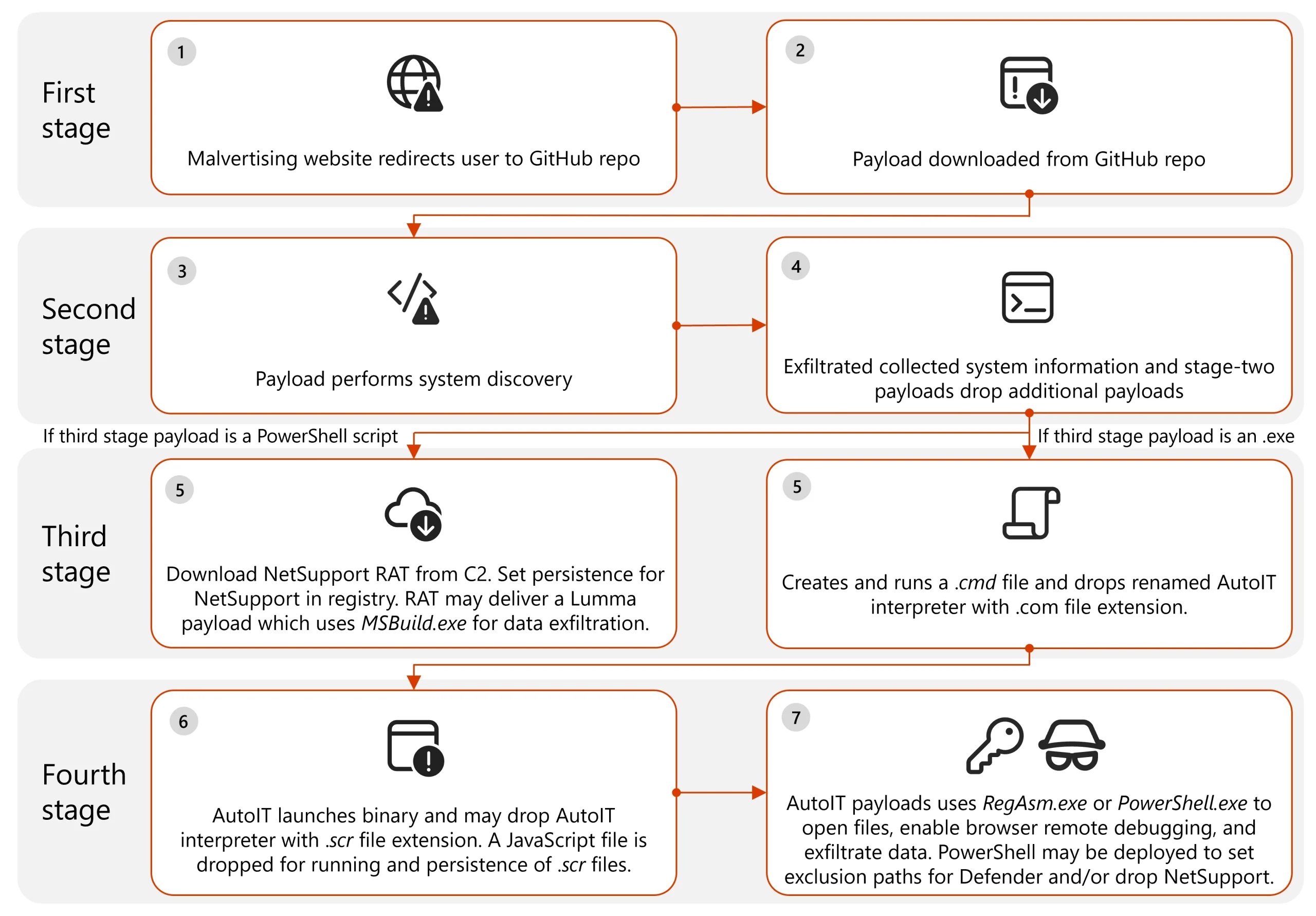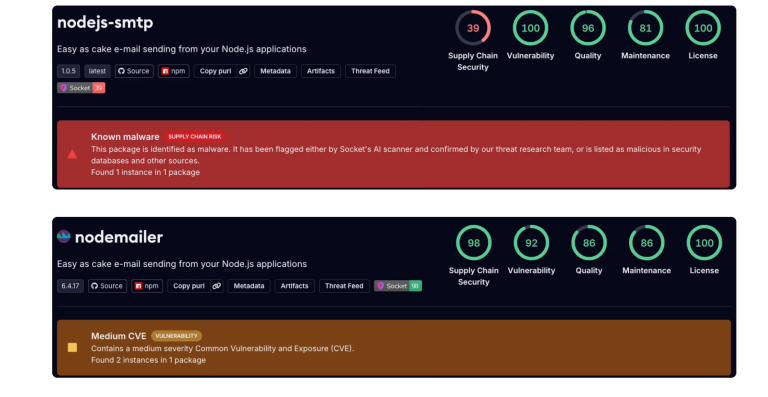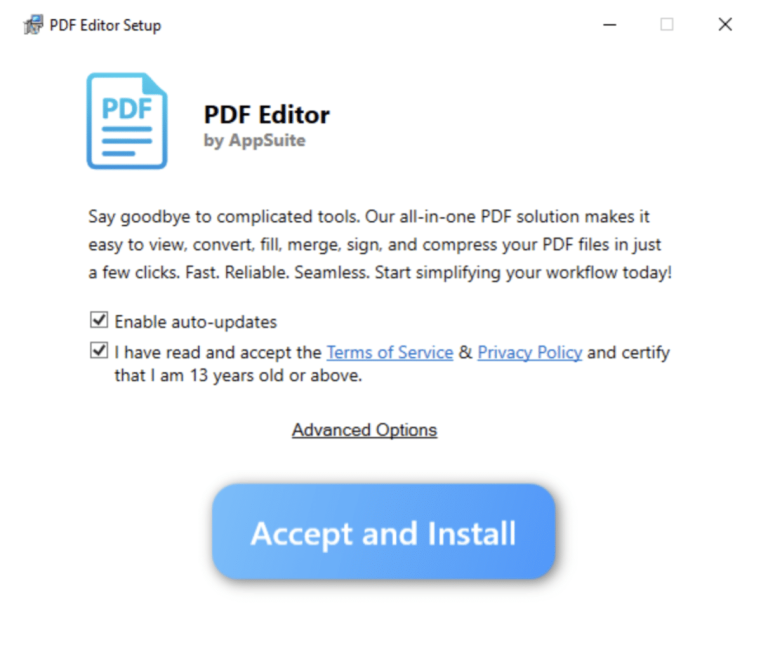
Earlier this year, Microsoft published a study exposing a sweeping campaign involving the distribution of infostealers—malicious software designed to exfiltrate user data. According to the report, over one million devices were compromised, with the primary infection vector traced to websites hosting pirated video content. While the scale of the threat is alarming, its nature is far from novel. Analysis of data breaches from specialized repositories revealed a direct correlation between the now-defunct FMovies platform—once the most popular piracy-based streaming site globally until its closure in 2024—and the proliferation of infostealer infections targeting users worldwide.
In recent years, warnings about malware, identity theft, and other online risks have become a staple of anti-piracy campaigns. Yet even the most polished and visually compelling public service announcements yield only marginal improvements in user awareness. This does not necessarily mean that audiences disbelieve these threats—they simply do not take them seriously. Campaigns backed by rights holders must often contend with deeply ingrained skepticism, especially from users who have long relied on pirate services without consequence.
Many interpret such warnings as cynical ploys by large corporations to protect their bottom line. And this perspective is not easily refuted, given the self-evident financial motivations of content owners. Moreover, in an age of faceless content consumption, the relationship between pirate sites and their audiences is virtually nonexistent. As long as videos remain accessible, stream smoothly, and load quickly, users are satisfied—and see little reason for concern.
Generic warnings such as “nothing is truly free” or “piracy leads to disaster” fail to resonate with most users, whose personal experiences often contradict these claims. As a result, such messages are dismissed as exaggeration or outright manipulation. Yet the underlying reality is far more complex—and far more alarming—particularly in the case of infostealers.
Microsoft’s findings reveal that behind the seemingly innocuous façade of piracy websites lie sophisticated mechanisms for covert data collection. Even if the proportion of malicious advertisements is statistically small in the vast ocean of online ads, the repercussions for infected devices can be severe. Users may remain oblivious as their login credentials, passwords, credit card numbers, session tokens, and cryptocurrency wallets are quietly siphoned off by cybercriminals.
Hudson Rock, a cybersecurity intelligence firm, reports more than 32 million infected machines and nearly 5 million compromised employees—many with access to corporate systems. Their analytics platform, powered by breach-derived datasets, not only quantifies the magnitude of the issue but also maps infections to specific sites and apps, including FMovies.
Although FMovies was shuttered roughly a year ago, it remains the largest piracy site ever recorded. Data collected during investigations reveal an alarming lack of security hygiene among its users—ranging from basic password mismanagement to the utter failure of antivirus solutions in multiple countries. Poor digital credential practices have proven widespread, and the consequences, deeply damaging.






